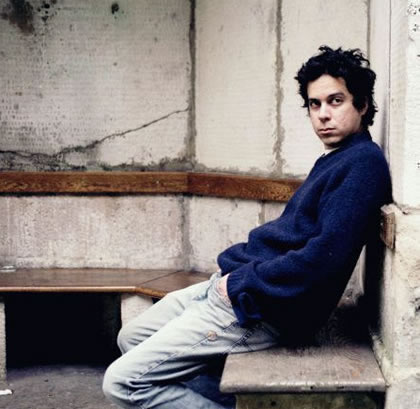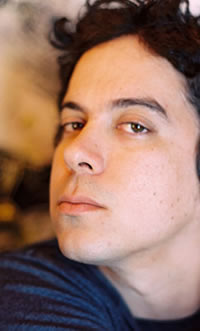
POST-WAR • M. Ward
Much of Post-War was recorded in an attic in Portland, Oregon, a fitting location for this record of nostalgia and longing for the modern age, a time before post-modern irony. The title of the album harkens to the post-World War II era of music, for Johnny Cash and Fats Domino and the early days of rock 'n' roll.
A singer-songwriter and self-professed Luddite, for M. Ward the recording is as much a part of the music as playing the instruments themselves. And Ward is decidedly against the slick pop production that is the mainstay today--he has an obsession with the four track approach.
Post-War, M. Ward's fifth full-length album, is his most voluptuous. Unlike the stripped down sound of Transistor Radio, the songs are all set with a full band. The arrangements gush with a somber optimism and feature guest appearances from Neko Case and My Morning Jacket's Jim Jones.
Case sings backing vocals on "To Go Home," an upbeat anthem cover of a Daniel Johnston song. Jones fittingly joins for the lazy swaggering tune "Chinese Translation," which could just have easily been on a My Morning Jacket album. But the heart of Post-War is Ward's understated rasp and delicate guitar picking.
The CD made the number four pick for NPR's albums of the year, just behind Bob Dylan's Modern Times--a list that also includes Jenny Lewis's first solo release, Rabbit Fur Coat, which M. Ward helped produce. Although I'm not too keen on top 10s or lists in general, I'd concur with this accolade.
With hints of gospel and honky-tonk, folk and blues, a little country and a little rock 'n' roll, Post-War alludes to the music of the past, but invents a sound thoroughly contemporary.
• Katy Henriksen
 |
return to covers |
| listen to clips | |
| buy it here or here | |
| mwardmusic.com | |
| mergerecords.com | |
| dig this | |
| puremusic home |